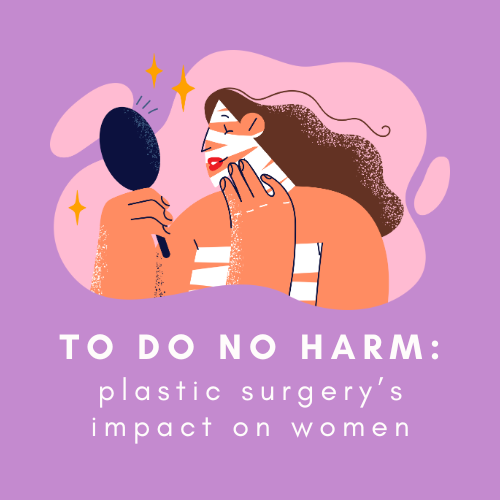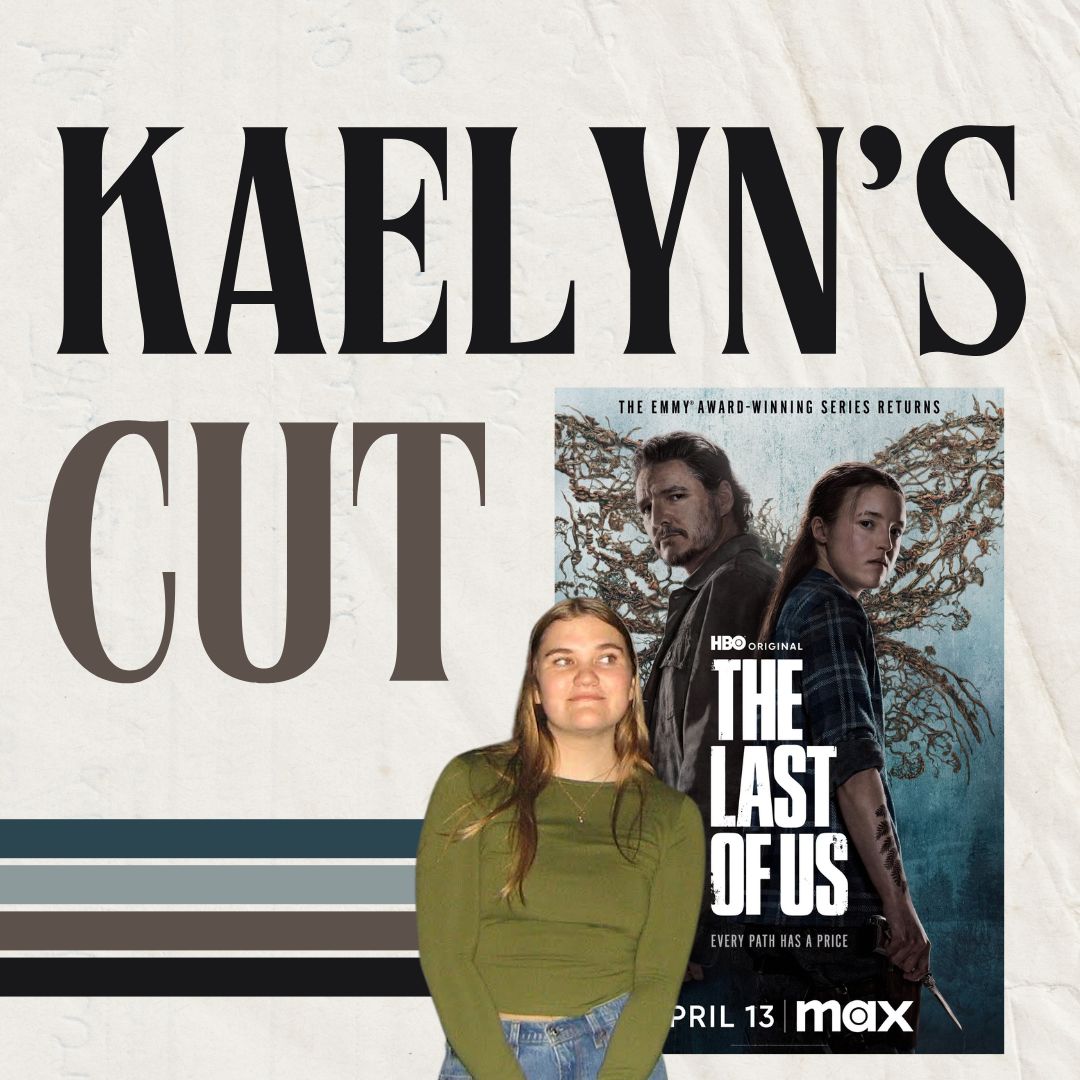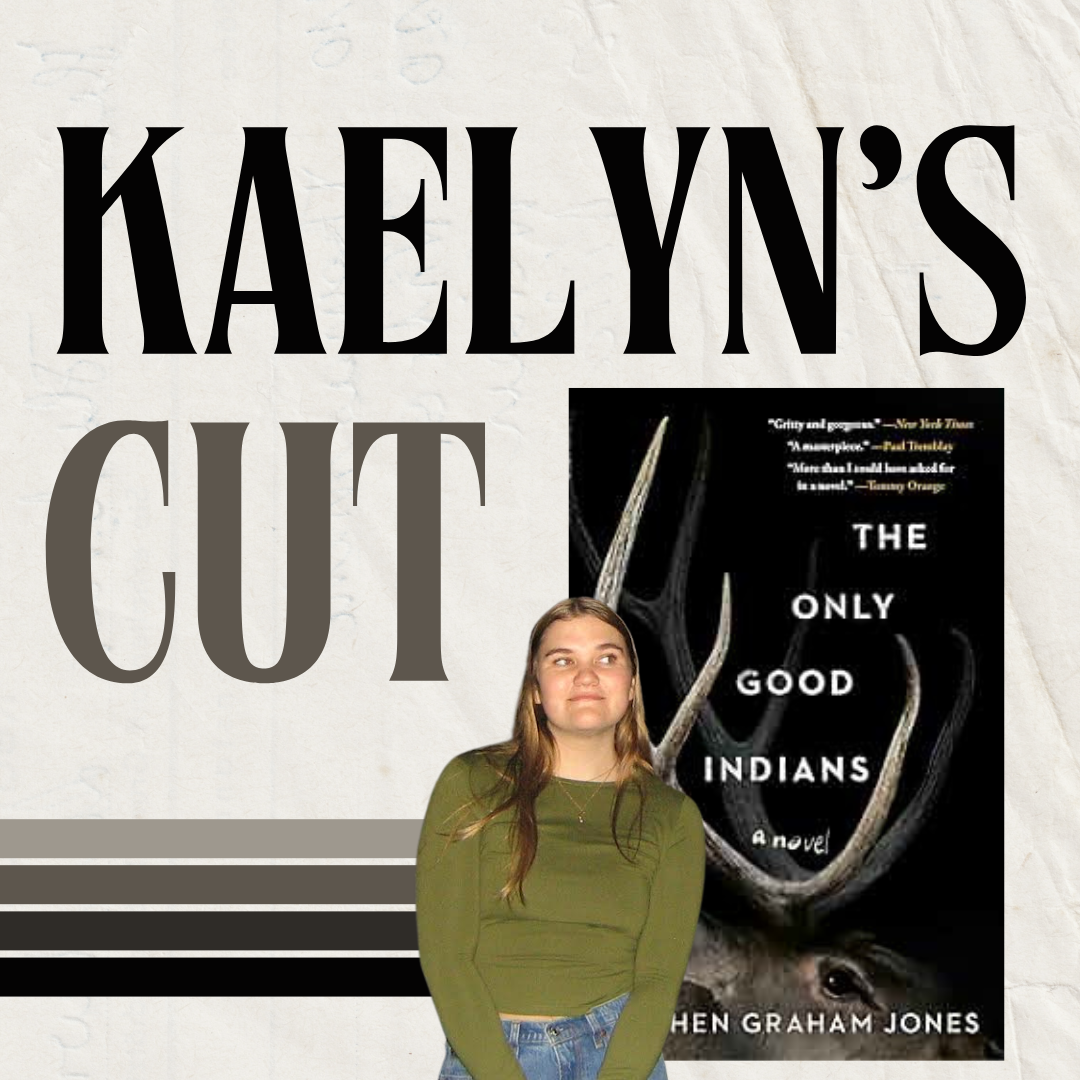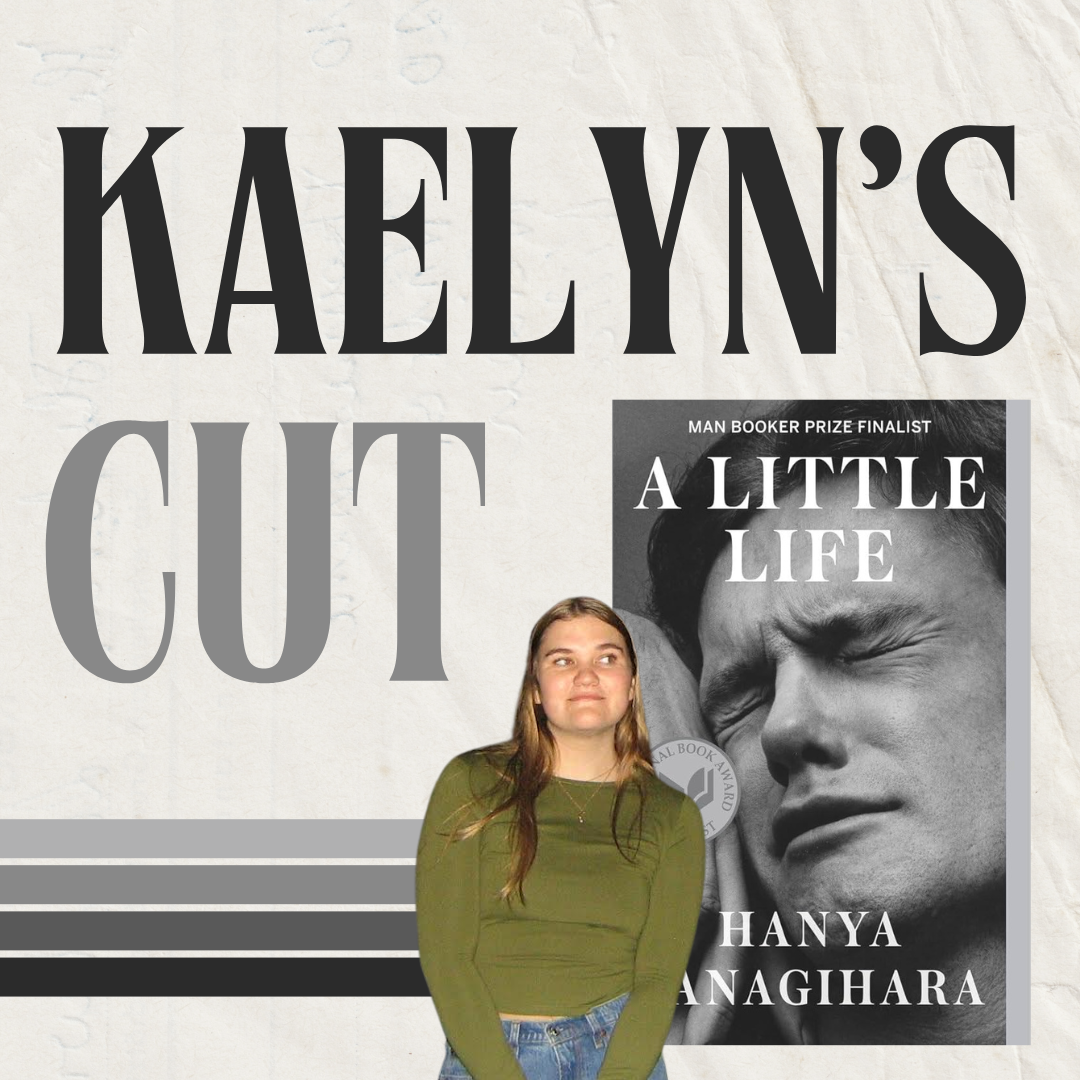As a young woman growing up in the age of social media, I am hyper-aware of the narrow beauty standards set for women. Society’s current fixation is on the “hourglass” body type: large breasts, a small waist and a big butt. Many women will do whatever it takes to achieve this figure and ultimately, to be perceived as “beautiful.” This body-type trend has given rise to procedures like breast augmentations (boob jobs) and Brazilian butt lifts (BBLs).
According to Barr Aesthetics, “92% of all cosmetic procedures in the United States are done on female patients.” This comes as no surprise. While there are beauty standards for men, standards for women are much more rigorous. When you don’t fit into the beauty standard, it can be extremely difficult to feel confident. In this case, it’s only natural to want to “fix” your flaws.
Camryn Rickels, 10, was born with congenital ptosis, also referred to as droopy eyelids. At the ages of 3 and 12, she had oculoplastic surgery to correct her eyelids. “I had always been insecure about my eyelids and I definitely felt more confident after my surgery,” said Rickels.
Cosmetic procedures can help women feel more confident in themselves and people get them for a host of reasons. Reconstructive surgeries after breast cancer and gender-transition surgeries are among the reasons. It is also very common for middle-aged women to undergo cosmetic procedures as they grapple with the aging process.
Ali Moore is among this group. Throughout her adult life, she has undergone multiple cosmetic procedures including: a breast reduction, cool-sculpting and Botox. She is open about her cosmetic procedures and wants to get more work done in the future. She is planning to get a blepharoplasty (eyelid lift) done soon. Despite her positive experiences, Moore doesn’t think the industry is all good.
“I’m not confident that every plastic surgeon has the emotional and mental impacts [of their patients] in mind because, at the end of the day, it is a business,” said Moore.
It’s wrong to say cosmetic surgery creates insecurity in women. By fault of societal beauty standards, insecurity is inherent these days. What cosmetic surgery does do, is capitalize off women’s insecurities and, in some cases, uphold beauty standards. The more insecurities a woman has, the more potential the industry has for financial gain; the way this industry makes money is inherently anti-feminist.
“I think it [plastic surgery] can create unrealistic expectations and make more people feel like they need to change themselves,” said Rickels.
One of the biggest opponents of plastic surgery is Team Natural, an online social movement. This group is all over social media, pushing the message of “natural” beauty. Unfortunately, women whose bodies don’t fit into the beauty standard are noticeably absent from Team Natural’s narrative.
According to The New York Times, “The adherents of #TeamNatural are upholding the beauty hierarchy that has always existed… This camp [Team Natural] has co-opted the language of body positivity to shame women.”
If womens’’ bodies don’t fit into the beauty standard, they are criticized and deemed as not beautiful. But, if they decide to get plastic surgery to achieve the narrow beauty standard, they also face criticism.
“If there’s something that you don’t necessarily love about your appearance, and there’s a solution out there, why not do it?” said Moore, “If you have the means, why wouldn’t you just get that procedure and feel better about yourself?”
The industry is not directly uplifting women, it profits off women’s insecurities. But, cosmetic surgery is a tool for women to build confidence, if that’s the path they choose to take. All in all, women should feel empowered to make whatever decision they feel is best for themselves and their body, regardless of outside opinion.










